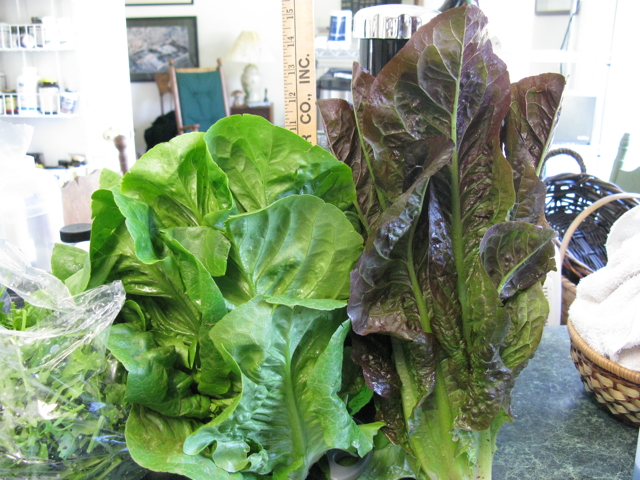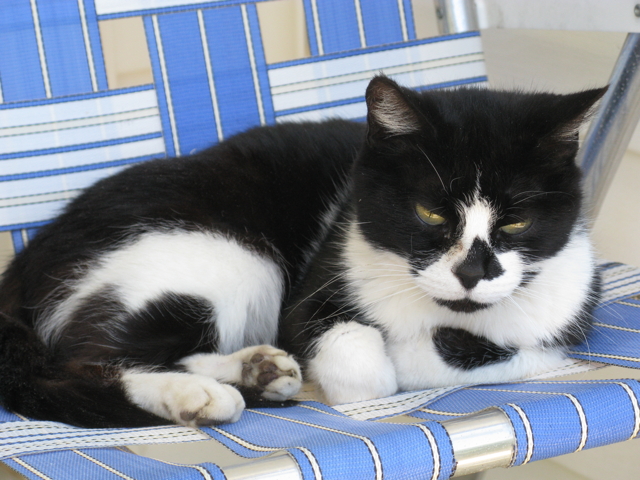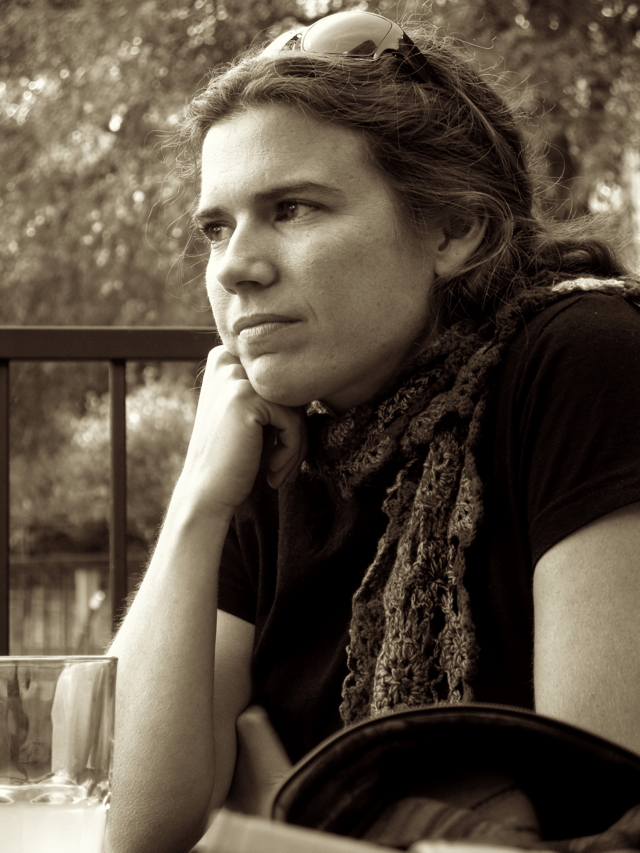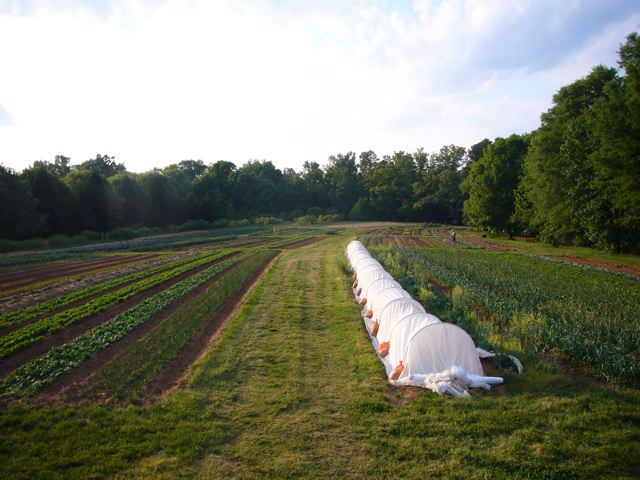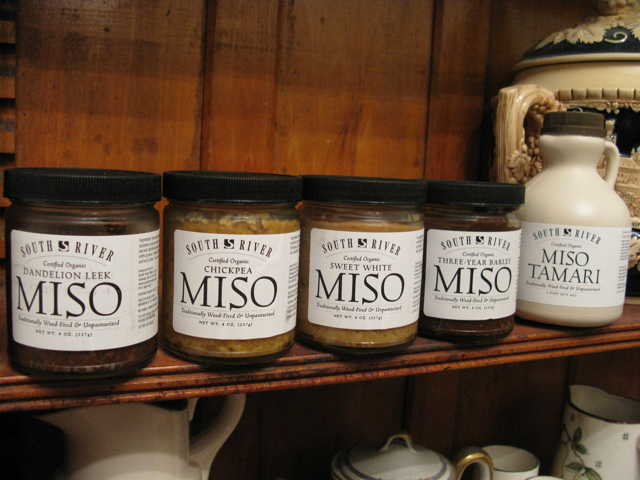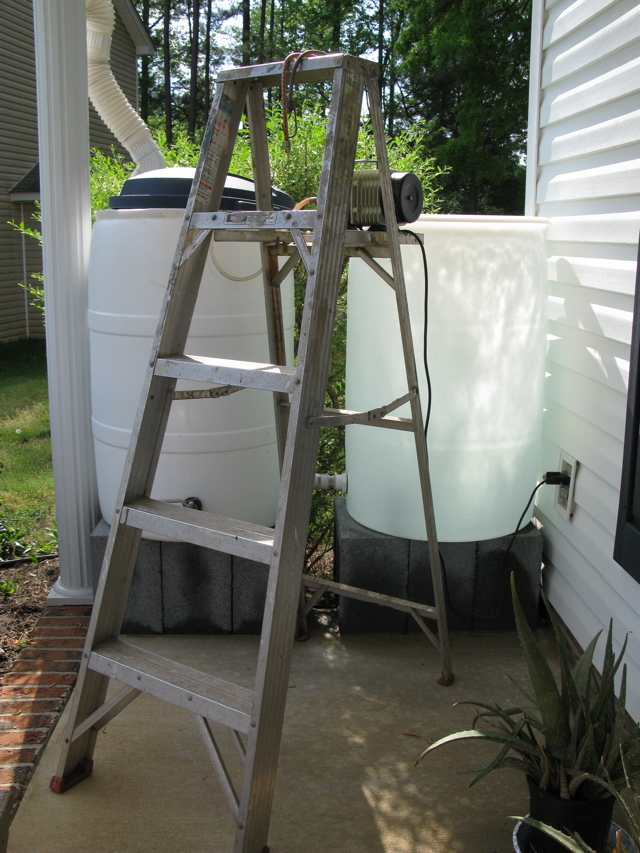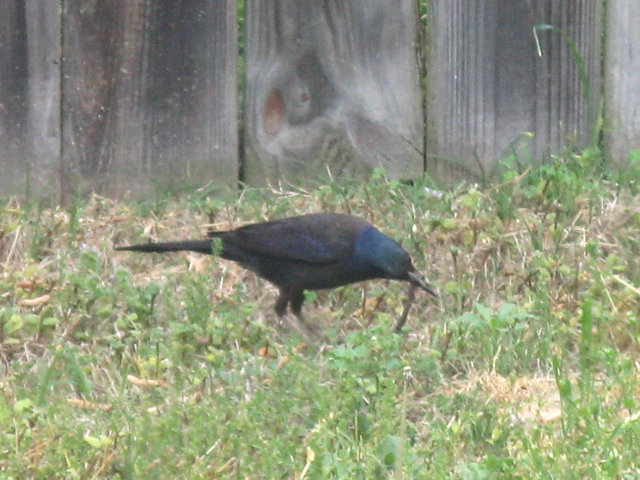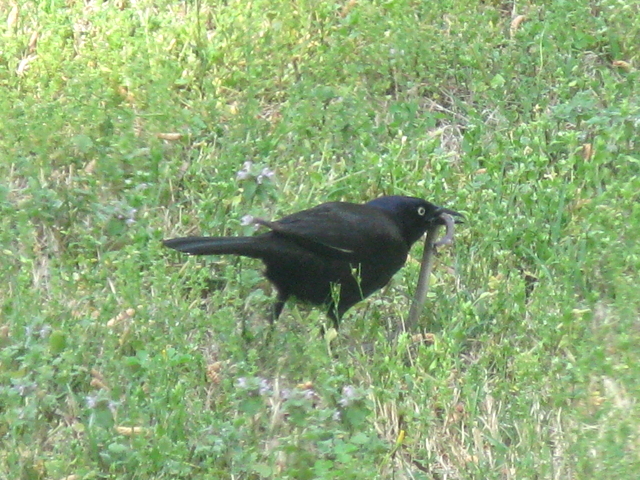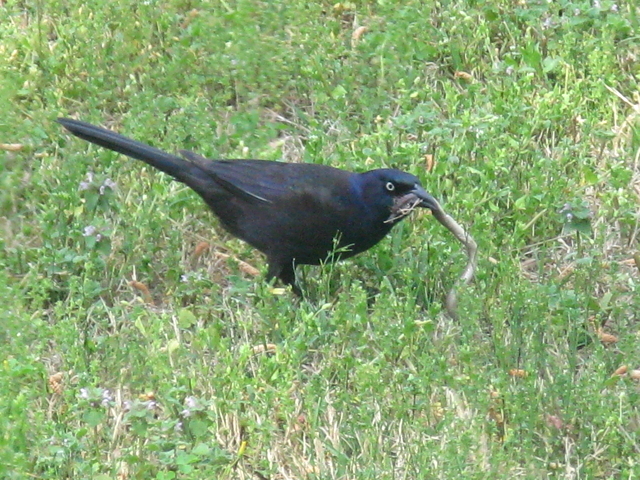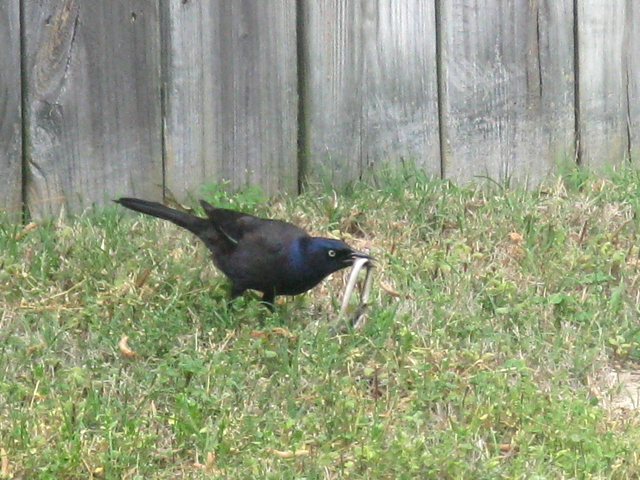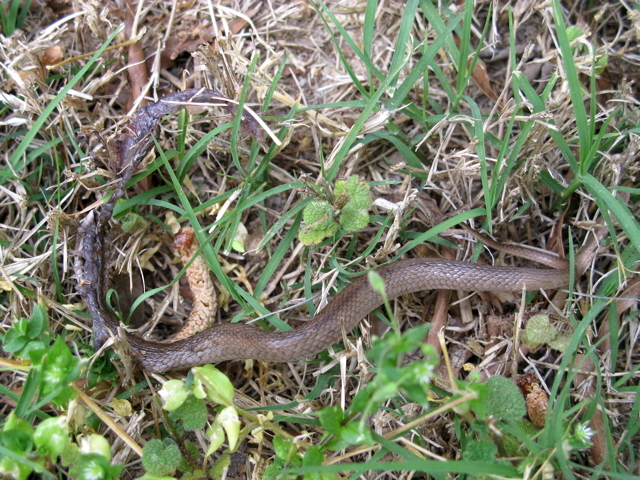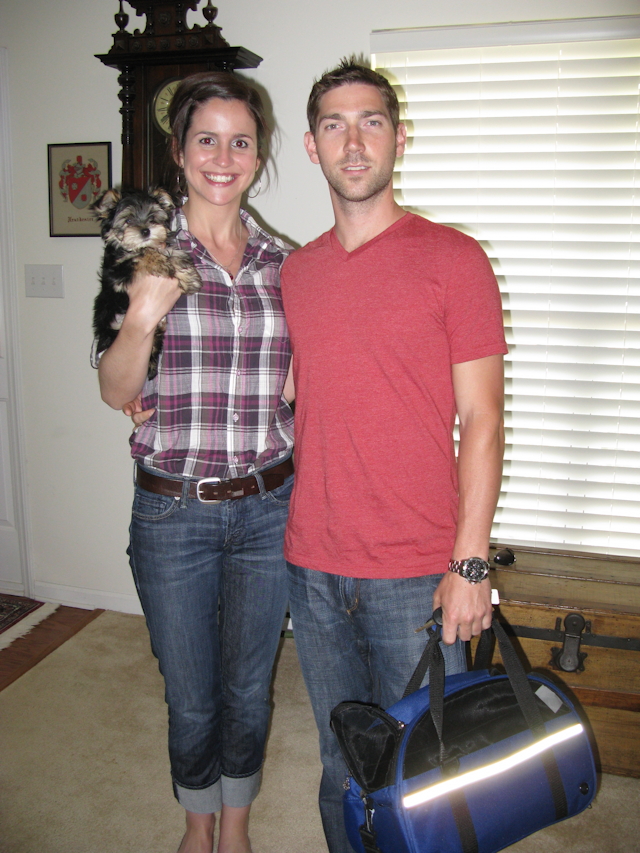Not bad, right? A healthy direction for a federal government department that just a few decades ago told farmers to "get big or get out" of the business. (The words of Earl Butz, Secretary of Agriculture under presidents Nixon and Ford.)
Save the celebration. Just in time to throw ice water on an otherwise positive move by Vilsack come three Republican senators: Saxby Chambliss of Georgia (ranking minority member of the Senate Agriculture Committee), John McCain of Arizona (who was profiled during the last presidential campaign as living on candy bars and potato chips on his campaign bus -- a real junk food junkie), and Pat Roberts of Kansas (a huge commercial agriculture state -- grains and livestock).
These three teamed up and wrote a letter to Secretary Vilsack challenging the reasonableness of the "Know Your Farmer, Know Your Food" program. From the Agriculture Law blog comes this summary of their complaint:
While the letter requests information, its assault on the program is clear. The letter notes that "while the concept of educating consumers about production agriculture is a worthwhile endeavor, we have serious misgivings about the direction of the Know Your Farmers program." The Senators complain that the program does not direct funding to "conventional farmers" but instead is "aimed at small, hobbyist and organic producers whose customers generally consist of affluent patrons at urban farmers markets."
There are so many things wrong with their words that it's hard to know where to begin -- so I won't. If you've been reading my blog for any length of time you can imagine how infuriating and condescending this kind of language is. I don't know much about Chambliss and Roberts, but there is NOTHING in John McCain's background that would qualify him to judge what is happening agriculturally in America -- or in his personal lifestyle and habits. I'm bordering on an ad hominem attack here, so I'll stop.
Except for this: When this kind of movement is made by lawmakers, the first smell one gets is of money. If it were possible to "follow the money" in this case, I wouldn't be surprised if it led directly or indirectly to corporate lobbyists for the agribusiness industries of America who make huge campaign contributions to lawmakers. The movie Food Inc. demonstrated clearly the connection between the federal government and corporate agribusiness interests. There is a revolving door between the offices of FDA, USDA, EPA, and other agencies in Washington, and lawyers, executives, and board members of major agribusiness companies. In short, these companies cast a huge, intimidating shadow over Washington. I have no proof that these three senators are responding to such pressure, but who would be surprised if they were? The "Know Your Farmer, Know Your Food" program is one of the healthiest, sanest initiatives on behalf of family and small farmers—and consumers who need healthy food—to ever come out of Washington.
Why would any lawmaker, on the face of it, be opposed to such a program? What could be wrong with a program that supports local food production, especially since the average fruit or vegetable consumed today travels 1,500 miles from field to fork? What's wrong with a program that encouragers citizens to learn more about their food, how it can nourish their health, and the people who devote their personal (not corporate) lives to growing it? Something doesn't smell right here.
You can read the Agricultural Law evaluation of the senators' letter on the AgLaw web site. And more about the "Know Your Farmer, Know Your Food" program here.
[Thanks to my son, David, for the heads-up on this issue.]

